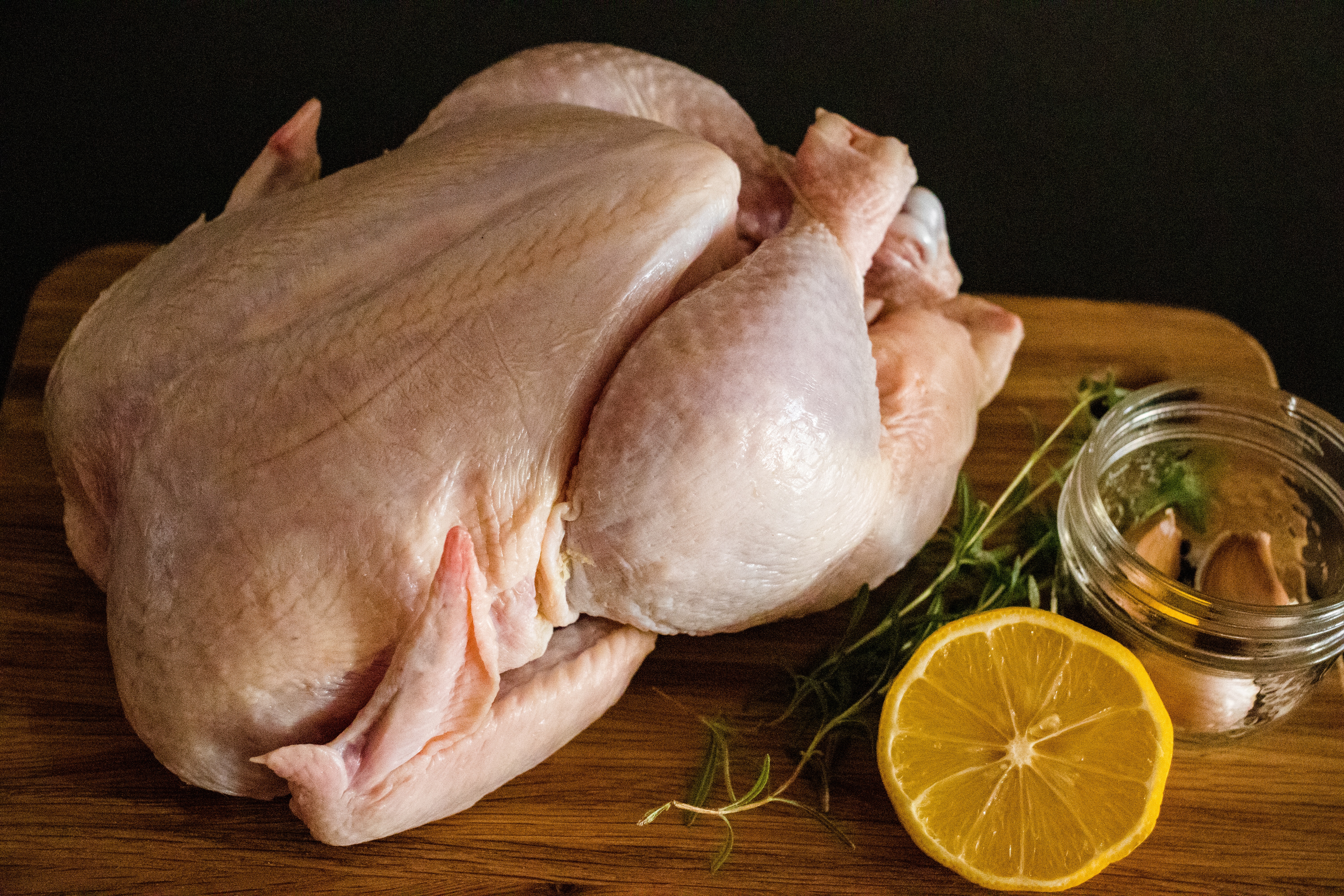

Should You Wash Chicken Before Cooking?
The practice of washing chicken before cooking is a topic of debate among food safety experts. While some people believe that washing chicken can help remove bacteria and reduce the risk of foodborne illnesses, the majority of experts and organizations strongly advise against it. Here's a detailed answer explaining why you should not wash chicken before cooking.
1. Cross-contamination risk: Washing chicken can actually increase the risk of cross-contamination in your kitchen. When you rinse raw chicken, water droplets can splash onto nearby surfaces, utensils, and even your clothes, spreading bacteria such as Campylobacter or Salmonella. These bacteria can cause severe foodborne illnesses if ingested.
2. Ineffectiveness of rinsing: Washing chicken under running water is not sufficient to eliminate bacteria. The high heat during cooking is what kills harmful bacteria, not water. Rinsing chicken may only remove some surface dirt or blood but doesn't eliminate the bacteria that might be present inside the chicken.
3. Bacteria resistance: Some bacteria, like Campylobacter, can cling to surfaces, making it difficult to remove them through washing alone. Moreover, these bacteria can become resistant to antibiotics, causing more severe illnesses and making treatment challenging.
4. Contaminated sink and kitchen: Washing chicken can lead to bacterial contamination of your sink, countertops, and other kitchen surfaces. Even after rinsing, the bacteria can remain and multiply, increasing the risk of cross-contamination with other foods prepared in the same area.
5. Recommendations from food safety organizations: Prominent food safety organizations, such as the United States Department of Agriculture (USDA), the Food and Drug Administration (FDA), and the Centers for Disease Control and Prevention (CDC), all advise against washing chicken before cooking. They emphasize that thorough cooking is the most effective way to kill bacteria and ensure food safety.
Instead of washing chicken, it is essential to follow these guidelines for safe handling and cooking:
a. Store chicken properly: Keep raw chicken in a leak-proof bag or container on the bottom shelf of the refrigerator to prevent any drips or cross-contamination.
b. Separate utensils and cutting boards: Use separate cutting boards and utensils for raw chicken to avoid cross-contamination with other foods.
c. Cook chicken thoroughly: Ensure chicken reaches a safe internal temperature of 165°F (74°C) to kill any bacteria that may be present. Use a food thermometer to check the temperature.
d. Clean and sanitize: After handling raw chicken, clean all surfaces, utensils, and hands thoroughly with warm soapy water to eliminate any potential bacteria.
In conclusion, washing chicken before cooking is not recommended due to the risk of cross-contamination and the ineffectiveness of rinsing to remove bacteria. Following proper food safety practices, such as storing, handling, and cooking chicken correctly, is crucial for ensuring food safety and preventing foodborne illnesses.
Related Posts
© 2025 Invastor. All Rights Reserved

User Comments